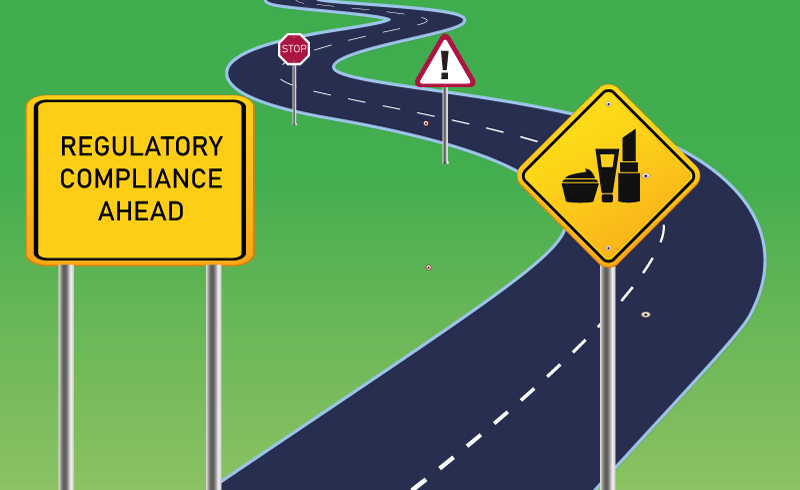
- Home
- PLM & Compliance Blog
- The New Dilemma for Cosmetic Manufacturers: Global Formulations with Country-Specific Certifications
The New Dilemma for Cosmetic Manufacturers: Global Formulations with Country-Specific Certifications
|
Product Portfolio Management
|
Product Lifecycle Management
Posted By:
Trace One

Today's cosmetics and personal care manufacturers serve many hyper-nuanced customer bases with customized product lines across the world. This potential for global reach provides rapid market growth and, along with it, a tangled web of regulatory compliance that can be increasingly difficult to unpack as new markets emerge and rapidly change.
Developing, launching and registering the same types of products in multiple geographies with the right regulatory bodies, and developing the right labeling standards for each, is a major challenge for beauty brands. Today, many manufacturers find that they must re-certify their existing products, leading to a growing need for regulatory analysis across the product portfolio.
New requirements for what is acceptable--or not acceptable--down to the raw material level vary between markets and product lines. For example, in European markets, several products now require standardized Halal and Kosher certifications. Due to these trends, the rate, volume, and type of regulatory data that cosmetic brands must capture and use internally is growing exponentially.
Yet, managing multiple country registrations and sub-registrations for the same formulation (or its varieties) quickly creates a paper trail that’s difficult to keep track of as registrations progress. When each country contains its own spec sheet, template, and requirements for registration, starting from scratch every time and keeping the status of each one current waste valuable time and resources.
Discover how to use a PLM system to manage country-based registrations by downloading our new report, “3 Operational Changes Impacting Cosmetics Manufacturers in 2019”
On top of that, product claims vary vastly by culture, region, and country. “Anti-aging” products, for example, may resonate strongly with some consumer markets, but not others. To make the process even more complex, each country has its own limitations and regulations around what product claims can be included on labels.
Without this knowledge stored in one place for reference, ensuring that the right product claims are made, manufactured and labeled across the many departments involved with product launch can be a time-consuming process to check. Many manufacturers take on the expense of paying consultants to manage the registration and compliance process for their brand in different geographies, but formulation and regulatory checks still remain a siloed and inefficient process when managed externally.
To solve these challenges, many manufacturers are leveraging their PLM systems to manage compliance limits and country-based registration needs across their product portfolio from the start of the innovation process.